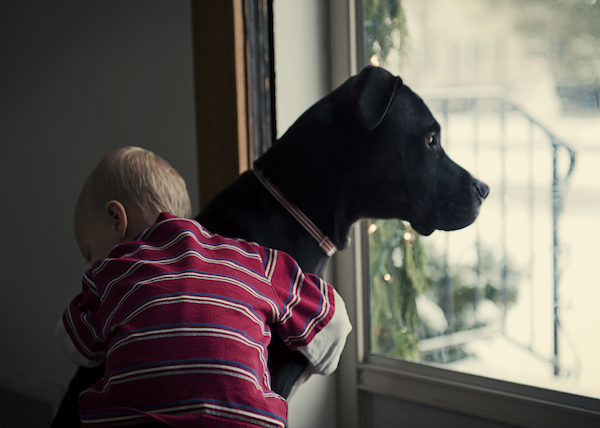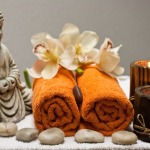What value would you place on a hug? According to science (and to instinct), it’s much more than we may have once imagined.
You never know what you’ll overhear in the gym locker room, but I’ll never forget this recent conversation. The two women stood on the opposite side of the lockers, beyond my field of vision, but the locker room acoustics amplified their voices. One was telling the other about the death of her husband last year, and how profoundly it changed her life.
“The thing you miss the most,” she said, “is being hugged…”
Her soft voice trailed away as if she were remembering how it felt to be hugged.
The words filled the room and my consciousness. For a moment, I was frozen, picturing her face and her eyes and her empty arms. I imagined how it would feel to go for days or weeks or longer without an embrace.
I’m a hugger by nature. I reach out to hug my husband often. It helps that we work together. And it feels good when I hug my cat, although she won’t let me hold it long. My grown children don’t live nearby, but I’ve been known to send virtual hugs over Skype or FaceTime. When we are together, it’s a regular hug fest. I guess I’ve always instinctively known the value of a hug, but that conversation at the gym brought the point home.
Hugging for Health
When I was going through treatment for cancer, my surgeon was a hugger. Every visit to her office began and ended with a hug for me and one for my husband. My oncologist offered up a few hugs of his own, when the spirit moved him. Prior to having cancer, I hadn’t had that experience with a doctor. It was new to me, and it felt good. Those hugs helped bridge the doctor-patient gap and helped us relate as fellow human beings sharing a common goal. That they included my husband in on the hugs showed that they understood his pain, too. I knew then, what good medicine a hug can be.
Studies support the notion that hugs are good for your physical and mental health. For instance, in a 2007 study, researchers found that physical contact raises oxytocin levels and people who receive a lot of hugs tend to have higher levels of the hormone in their bloodstream. Oxytocin makes you feel good, lowers your stress level, increases tolerance to pain, and speeds healing. A 2014 study showed that hugs boost social support and reduce stress. More frequent hugs are associated with lower susceptibility to infection and less severe illness symptoms. These effects are felt when you hug your spouse, your friend, your baby, or your pet.
The Power of Touch
There are more studies that delve into the science of hugging and touching, but we don’t need studies to know how we feel. Babies and toddlers want hugs. Adults hug to comfort and to be comforted. In sadness and happiness and fear and romance, we hug. We hug because it feels good, both physically and emotionally.
Back in the locker room, I was lost in my own thoughts for a few minutes, so I didn’t hear the other woman’s response or their footsteps as they took their leave. Whatever happened, I do hope there was a hug involved. It’s something I’ll never take for granted again.
Written by Ann Pietrangelo
This article was originally published with Care2; republished with permission.
[image: via Ben Grey on flickr]











